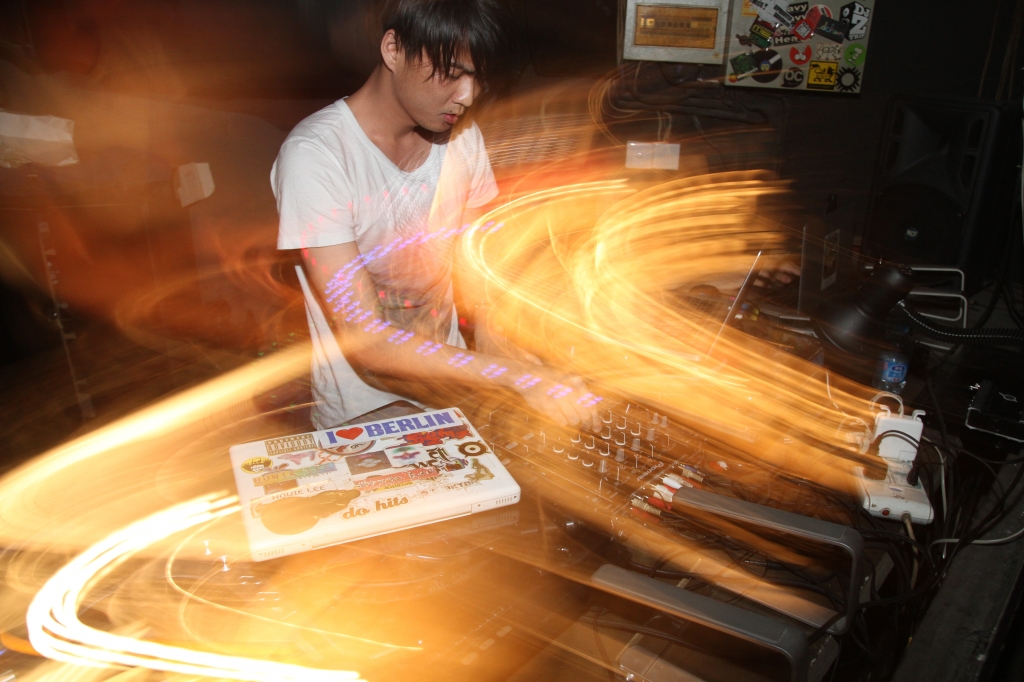So Shanghai is recruiting a Nightlife CEO.
Each city district will appoint a “nightlife director”, with an aim to creating a “cozier (sic) environment for nightlife in the city.”

It’s a response to the new rhythms of our hyper-connected world. A 9-to-5 bureaucracy, after all, understandably struggles with figuring out the late-night rave. Now, rather than closing down bars or entire streets as kneejerk responses to local populist sentiments, the report states, the city will now “guide their operations” for win-win solutions.
This is…I mean….alright, deep breath.
…
…
As chroniclers of the Shanghai scene for over a decade, we can’t tell you how utterly bizarre and staggeringly unexpected this is.
Part of us is angry – that *this* city government now gets to co-opt its resilient, patient, defiant nightlife after years of mismanagement, brutal enforcement and ridiculous crackdowns. The city’s scene was built despite them, not because of them.

But part of us is also hopeful. Let’s be clear: this is the right approach to take (as we’ll explain below), and it could very well put Shanghai’s buoyant nightlife culture on the global map, where it belongs.
Of course, the fact that this is a growing global trend is partly why Shanghai is jumping on the bandwagon. Shanghai’s function in 21st century China, in part, is to be a “free trade zone” of sorts for culture, of which nightlife is pragmatically seen as important for economic growth, jobs and urban attractiveness.
But the position of ‘Night Mayors’, as they’re called, has been a progressive response to conservatism and populism in cities. What we fear is that in China, it becomes another subtle instrument of standardization and control.
Cities that have night mayors include Paris, London, Berlin, Zurich, New York City, Amsterdam and Washington DC. London’s Amy Lame was appointed in response to heavy gentrification that decimated many of the city’s buzzy musical neighbourhoods. London (rightly) saw nightlife as a fundamental barometer of economic vibrancy and took it seriously as an object of policy. In all of these cities, nightlife is inseparably linked with LGBTQ rights, gender, and freedom of expression.
In Shanghai, we see none of that language in the official announcements so far. The most out-there proposal stops at allowing outdoor seating in summer months, and even that is “monitored closely.”
In Amsterdam, night mayor Mirik Milan actually sees his role as an “antidote” to heavy-handed state planning. “An opportunity to build culturally diverse and socially inclusive cities.”
In Shanghai, with how the local governments are structured, this is impossible. What we’re likely to see is equal parts business assistance and cultural enforcement, a coupling that has decisively crippled nightlife in our northern neighbor Beijing and is threatening the same in Shanghai.

A significant portion of what makes Shanghai nightlife special is its celebration of queer voices, the platform it offers to artists outside the popular mold. Clubs like ALL are laboratories, incubators, avant bastions.
Elsewhere in the world, despite obvious imperfections, the Night Mayors were tasked with encouraging that.
In Shanghai, you can’t help shake the feeling that it’s just a way to standardize, to enforce a template of ‘manageable nightlife’, but couched within the expansive buzzwords of the day.